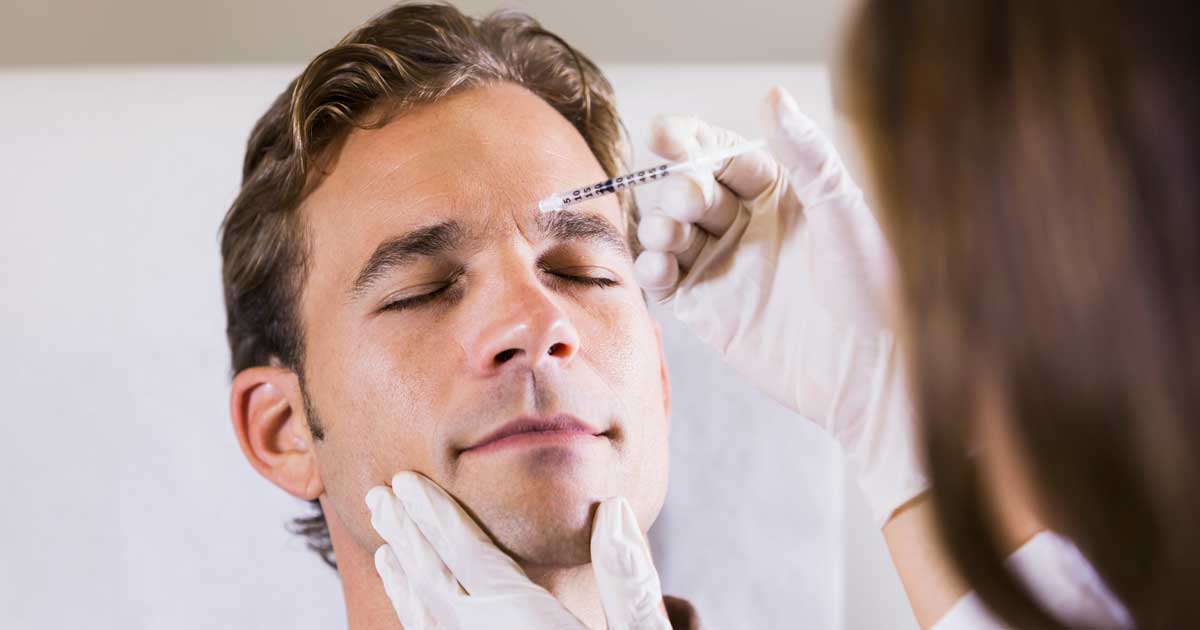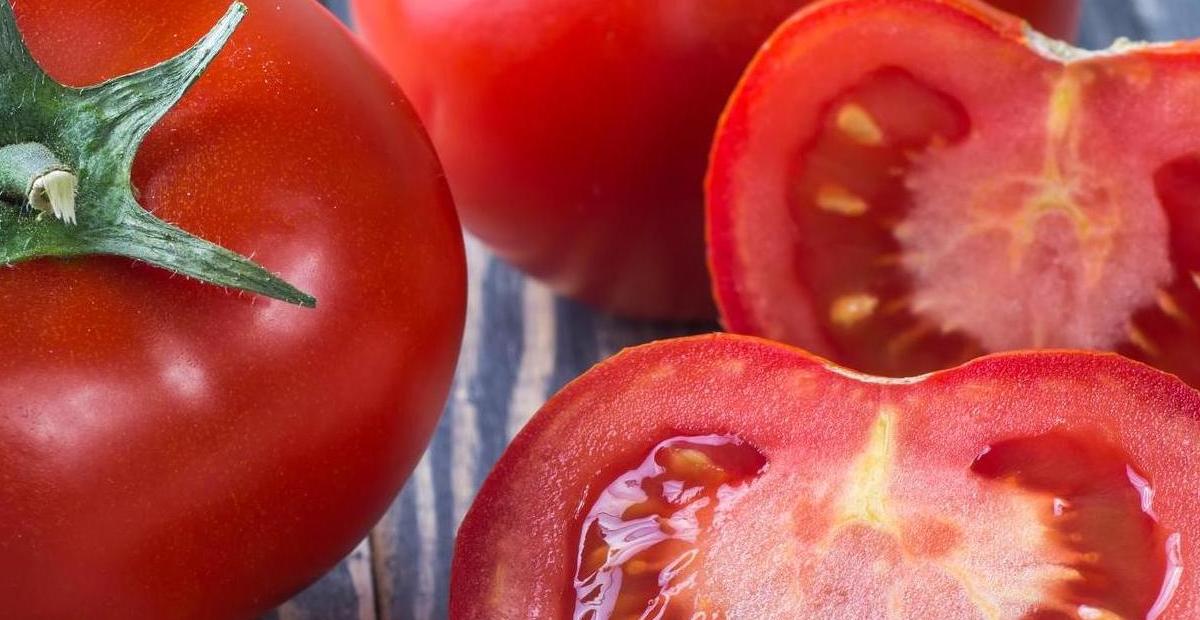Guide To Angular Cheilitis Treatment
Angular cheilitis, also known as angular stomatitis, refers to a localized inflammation at the corners of the mouth. Either one or both corners of the mouth may be affected. Symptoms of the condition typically include crusting and cracking at the corners of the mouth, redness, skin breakdown, pain, and itching. Some patients may have angular cheilitis for days; for others, it can persist for years.
Allergies, skin irritation, and infections are common causes of angular cheilitis. Primary care physicians and dermatologists can treat the condition effectively. Individuals who wear braces and other orthodontic appliances may be at an elevated risk of angular cheilitis, as are smokers and individuals with sensitive skin. In some cases, underlying health conditions such as diabetes and anemia are associated with this condition.
Filler Injections

Filler injections can be useful in reducing the size and depth of the creases at the corners of the mouth. Smaller and flatter creases may cause less pain and have less crusting and redness. Patients who have fillers may also notice a reduction in itching. The fillers used are generally the same as those commonly used for anti-aging treatments. Patients interested in having fillers for angular cheilitis should consult a dermatologist. Fillers are given with a very fine needle, dermatologists are experienced in administering injections in the lip area.
A dermatologist will be able to advise the patient as to whether fillers may be appropriate in their individual case. they will also recommend the most beneficial filler for the patient's needs, and the risks and potential side effects will be thoroughly explained in advance of any treatment. Depending on the severity of the patient's symptoms, a combination of several types of filler injections may be needed, and multiple treatment sessions may be required.
Dietary Changes Or Supplements

Dietary changes or supplements may be helpful in managing the symptoms of angular cheilitis. For example, reducing citrus fruits and other acidic foods in the diet can lead to a reduction in pain and skin irritation. Patients may wish to avoid tomatoes, alcohol, and peppermint in particular. Patients who notice they are experiencing increased irritation may wish to keep a food diary to determine which foods may be potentially aggravating their symptoms.
Nutritional supplements are especially helpful for patients whose angular cheilitis is the result of an underlying health condition such as anemia. These patients may need iron supplements. Before taking any vitamins or other nutritional supplements for angular cheilitis, patients may need to have extra testing, including blood tests. This way, doctors will be able to recommend any specific supplements the patient needs, saving time and money.
